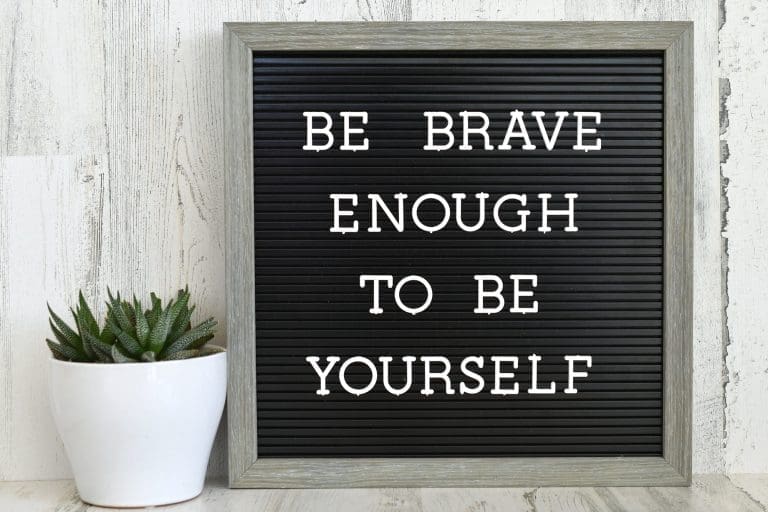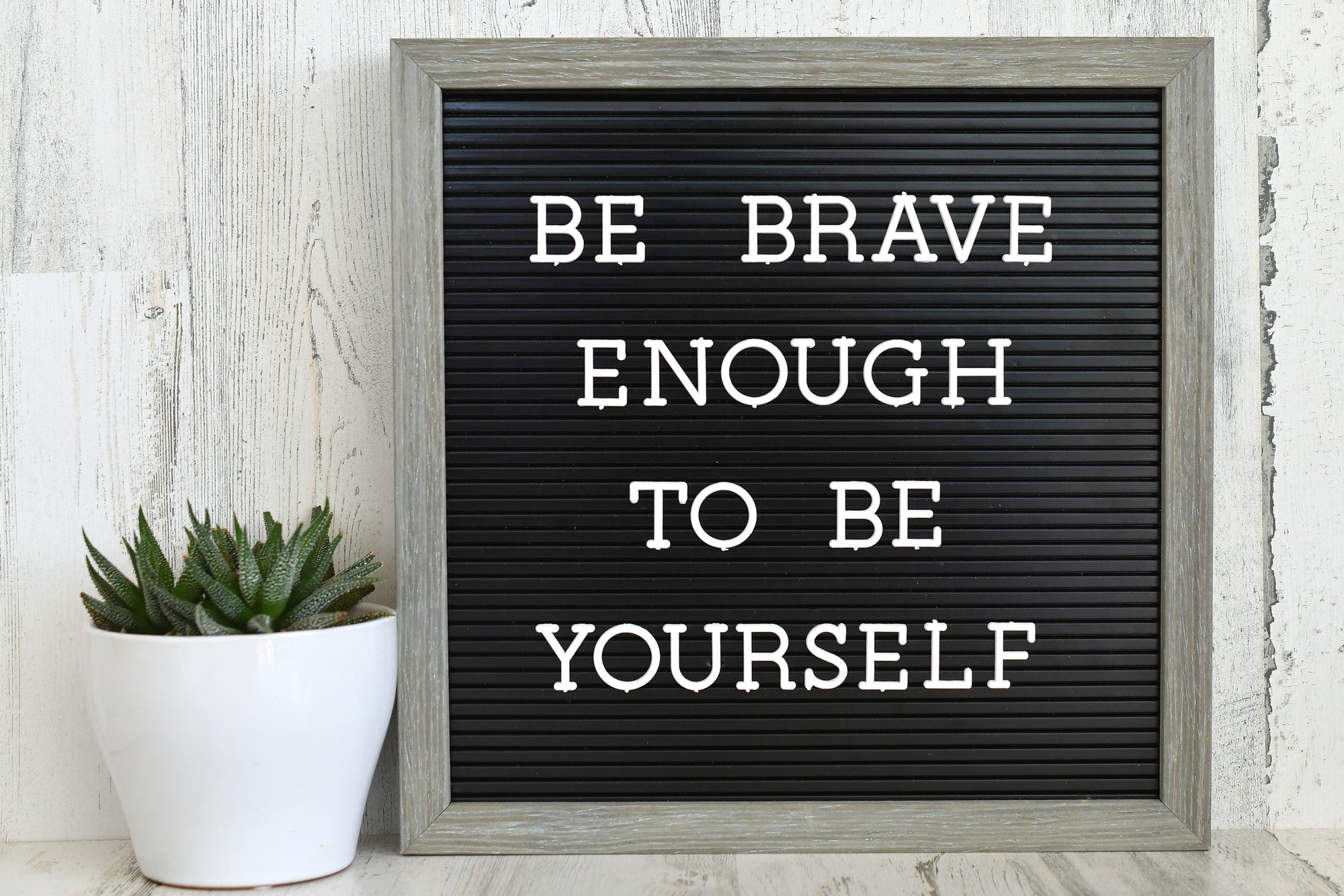Overcoming Shame Regarding Sexuality: Embracing Self-Acceptance

Shame surrounding sexuality is a prevalent yet often unspoken challenge that many individuals face. Society’s rigid norms and cultural taboos often contribute to feelings of embarrassment, guilt, and inadequacy related to one’s sexual identity and desires. However, it’s crucial to recognize that these feelings neither originate innately nor prove insurmountable.
Understanding the Roots
Shame regarding sexuality typically stems from societal expectations, religious beliefs, familial influences, or past traumas. Understanding the origins of these feelings is the first step toward overcoming them. By recognizing that these standards often impose unrealistic and restrictive norms, individuals can begin to challenge and reshape their perceptions of themselves and their sexuality.
Seeking Support
Breaking free from the shackles of shame requires support from understanding and non-judgmental individuals. Whether through therapy, support groups, or open conversations with trusted friends or partners, seeking support can provide validation and reassurance that one’s feelings and desires are valid and acceptable.
Education and Empowerment
Education plays a crucial role in dismantling shame surrounding sexuality. By learning about different sexual orientations, identities, and practices, individuals can gain a deeper understanding of themselves and others. Additionally, empowerment through knowledge helps individuals assert their autonomy and resist societal pressures to conform to narrow definitions of sexuality.
Practicing Self-Compassion
Overcoming shame is a journey that requires self-compassion and patience. It’s essential to be kind to oneself and recognize that healing takes time. Celebrating small victories, setting realistic goals, and challenging negative self-talk are all integral components of the process.
Embracing Authenticity
Ultimately, overcoming shame regarding sexuality is about embracing authenticity and owning one’s truth. It’s about recognizing that there is no universal standard for what is “normal” or “acceptable” when it comes to sexuality. By embracing diversity and accepting one’s unique identity and desires, individuals can cultivate a sense of empowerment and liberation.
In conclusion, overcoming shame regarding sexuality is a challenging but transformative journey toward self-acceptance and liberation. By acknowledging the issue, seeking support, educating oneself, practicing self-compassion, and embracing authenticity, individuals can break free from the constraints of shame and embrace a fulfilling and empowered relationship with their sexuality.

